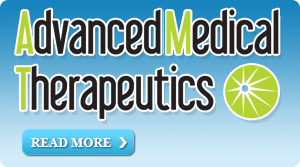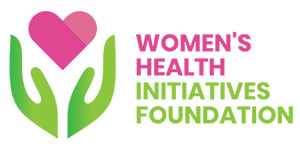Research
Dr. Rosenberg and his team are actively involved in research both in the U.S. and in Colombia, South America. In addition, Dr. Rosenberg was granted the top of floor of a hospital in Santa Marta, Colombia for cancer patients. Why is it important to have a cancer treatment center outside of the U.S.? In the U.S., terminally ill patients may only be treated with FDA-approved drugs. Even if a drug looks exciting based on preliminary data, a terminally-ill patient in the U.S. cannot receive that drug. On the other hand, most other countries have a clause that states the following: If you are diagnosed with a terminal disease (which implies that standard of care treatment is ineffective), you and your doctor have a right to use whatever drugs/regimens that both patient and doctor deem appropriate. Having a facility outside of the U.S. allows Dr. Rosenberg to treat patients with potentially life-saving drugs.
Currently, Dr. Rosenberg is studying combinations of substances that interfere with glycolysis and acid pump mechanisms. Glycolysis is a process through which cancer cells utilize glucose. Over 90% of all cancers rely disproportionately on glycolysis to maintain viability. If glycolysis is successfully halted, it is difficult for cancer to thrive. In addition, when cancer cells undergo glycolysis, they create lactic acid. It is imperative for cancer cells to pump acid out to maintain viability. Dr. Rosenberg is working with several substances that inhibits the efflux of acid that is produced by cancer cells.






